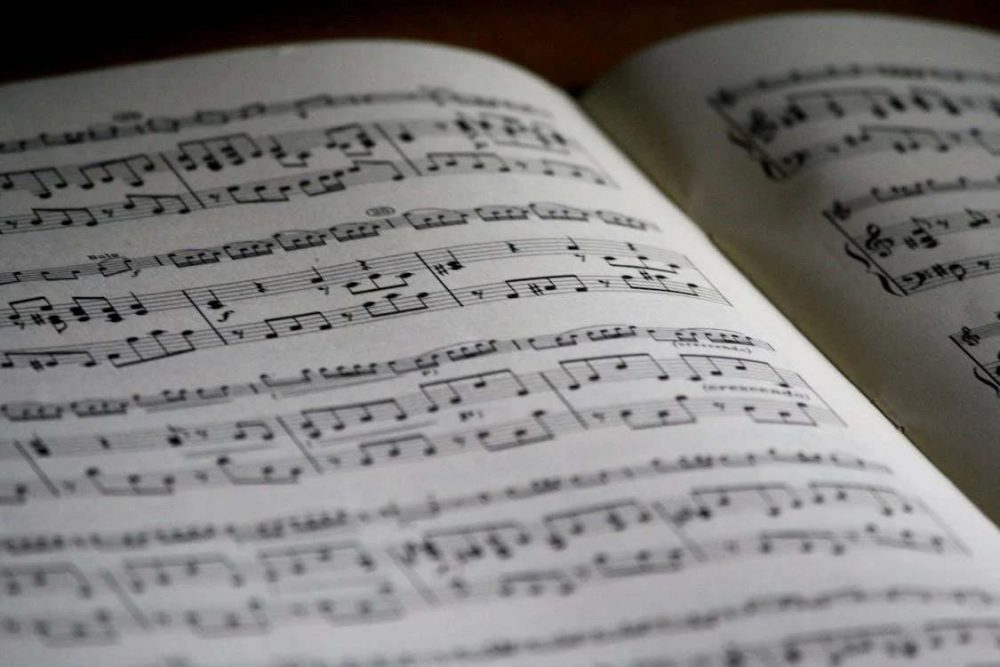How Сan Music Improve Our Lives?
How many people can really imagine their lives without music? Most of us are even addicted to it, but as long as we don’t go to extremes, this addiction is not dangerous. We often don’t pay attention to the impact music has on our minds. The definition of music makes it clear that it is one area of art that affects the human psyche through sounds. The main reason people listen to music is for emotional experience. Through music, we go back to “those, special moments.” To always remember the beautiful moments in life, download your favorite song online, and return to the pleasant moments over and over again.
Music is used by listeners as a means of regulating their moods. Like sleep, listening to music helps us avoid many problems. Contrary to popular belief, sad songs in no way worsen our mood, but rather, on the contrary, we can feel better with them. And, as a rule, certain kinds of music evoke certain feelings.
Surprisingly, music very often evokes memories and evokes certain thoughts. There are times when a person associates a song with a particular situation that he or she has ever encountered in his or her life. This can improve memory and thus restore lost memories even in people who suffer from Alzheimer’s disease.
The effect of music on a person
Among other things, music thoroughly affects human physiology and psyche, due to which people usually feel its effects on their own moods. In many industries, manufacturers “twist” certain popular tunes to be able to manipulate the consumer. Slow and relaxing music in stores encourages customers to spend more and more time there and to buy more products. During the holiday season, for example, Christmas songs in malls introduce us to the Christmas atmosphere and encourage us to choose gifts for loved ones. And another example. When classical music is played in a restaurant, people spend more money to order food. On the other hand, horror movie soundtracks sometimes contain infrasound that cannot be heard by the human ear. Nevertheless, we can feel them-they cause us to feel certain feelings of unease, increase our heart rate, and make us shiver.
Among other things, we can also consciously use the influence of music to help ourselves in our daily activities. If you want to significantly increase the effectiveness of your workouts while exercising, you should exercise with rhythmic music. It also has a positive effect on any type of physical activity. Thus, by working rhythmically, one will not quickly feel tired. In addition, to increase our motivation to work, we should listen to our favorite songs. In this case, the genre does not matter. If we want to improve our concentration, classical works such as the works of Mozart are recommended. Classical style music at 60 beats per minute also helps to learn faster. It requires relaxation and concentration. Quiet sounds usually lower our blood pressure and decrease our heartbeat, thereby putting our heart into a relaxed rhythm. This is what helps us relax and, as a result, makes learning easier. When reading new information, we should not listen to songs that contain vocals, as the lyrics can easily distract us.

Music helps with the pain
More importantly, properly chosen melody lines can divert our attention from stimuli that cause pain, thereby offsetting their negative effects. Usually it is not only our favorite tracks that have such an effect. It can also be ordinary songs that we hear on the radio, and quite often they soothe the human brain. Sounds can create a unique method of treatment. Some clinics around the world provide music to sick or coma patients. Many medical “miracles” have been reported as a result of music therapy. Such an example was presented in the 2014 melodrama “If I Stay,” directed by R. J. Cutler.
At the end, we’ll dispel the myth that classical music is preferred by more spiritual people, while average musicians find their way into typically entertaining genres. Studies show that the sensations evoked by sounds are independent of musical education. Ordinary listeners perceive and appreciate the emotions that melody carries just as accurately as professional virtuosos do.
